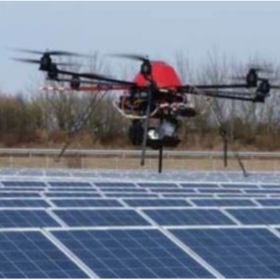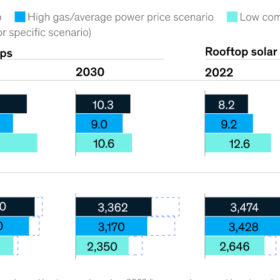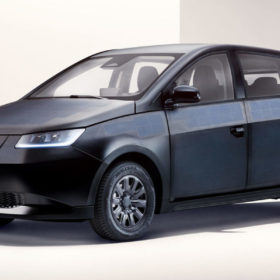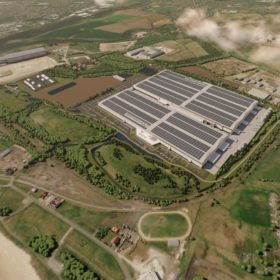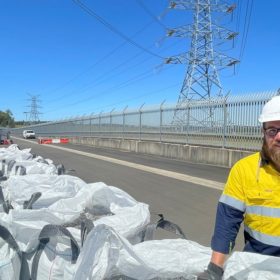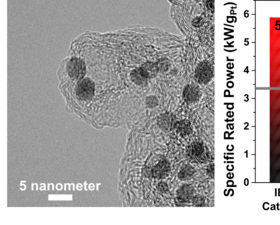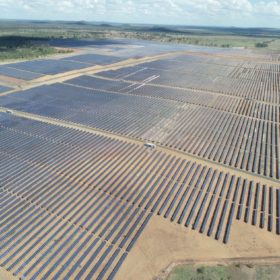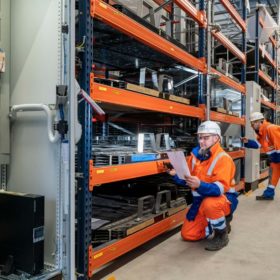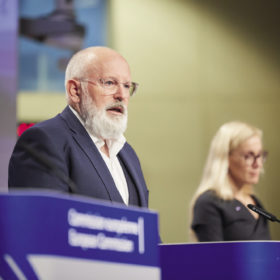Solar’s growing demand for drone-based aerial inspection and data analysis
United Kingdom-based Above’s founder and CEO Will Hitchcock sits down with pv magazine to discuss the solar industry’s growing demand for drone-based aerial inspection and data analysis, the game changing utility of digital twins, and what the future holds for autonomous drone programs.
Study shows payback times for heat pumps could plunge by 2030
McKinsey & Company says in a new report that payback periods for heat pumps could fall by up to 38% by 2030.
BayWa re to sell PV product distribution business
BayWa AG is strategically realigning BayWa re so it can sell its solar trade business. In the future, the subsidiary will focus on international projects as an independent power producer (IPP).
Sono Motors scraps development of Sion solar cars
Sono Motors, a solar electric-vehicle manufacturer in Germany, has terminated its Sion passenger car development program, as it has failed to secure enough funding to support pre-series production. It says it will now focus exclusively on retrofitting and integrating its patented solar technology into third-party vehicles.
Australia-based startup buys collapsed battery maker Britishvolt
Only weeks after announcing its plan to build a lithium-ion battery gigafactory in Geelong, Australia-based startup Recharge Industries has bought collapsed battery maker Britishvolt – doubling its manufacturing ambitions. The takeover resuscitates Britishvolt’s gigafactory play in northern England, and means the little known startup now holds two significant battery making projects.
German machinery unlocks onsite transmission line recycling in Australia
Grid operator Transgrid has partnered with German machine manufacturer Zeck for the use of its innovative steel separation technology. Zeck’s machine can process electricity transmission lines into a recycle-ready state onsite. Previously, Transgrid sent old transmission lines offshore for this process at a much higher cost to both the grid operator’s revenue and the environment.
Novel design for high-power PEM fuel cells
UNSW Sydney researchers have developed an algorithm to enhance images of PEM fuel cells, meanwhile South Korean researchers have revealed a scalable production method for platinum-based fuel cell catalysts. Germany has moved forward on its hydrogen strategy by signing agreements with Australia, Belgium, and the Netherlands.
Gentari seals deal for Wirsol’s Australian solar and storage assets
Malaysian oil and gas giant Petronas’ clean energy business Gentari has finalised its acquisition of Wirsol Energy’s Australian renewables assets, including 422 MW of operational capacity across solar and storage facilities, and 765 MW of potential capacity under development.
How safe are second-life EV batteries as home energy storage devices?
There is currently no widely accepted test methodology to assess the safety of second-life lithium-ion batteries (LiBs). However, a UK government study reveals two opposing views on their safety, raising concerns over whether such devices should be deployed in homes under any circumstances.
Europe introduces new green hydrogen rules
The European Commission has presented the final version of its new rules for green hydrogen, with looser requirements to qualify hydrogen as “green.”
